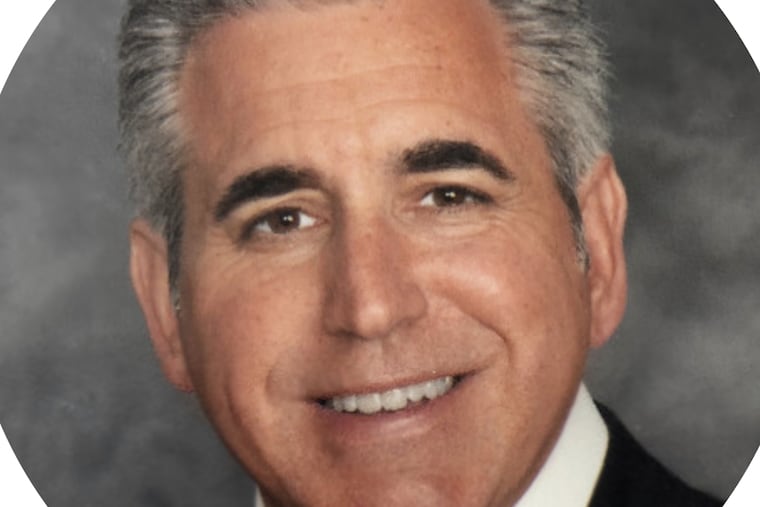Par Funding salesman gives up Shore homes and cash in $11.3 million SEC settlement
Perry Abbonizio will give up two Shore homes but will keep his family's Poconos houses.

When times were good for Montgomery County financial salesman Perry Abbonizio, he spent heavily on Jersey Shore properties — buying two places a block from the sea in Avalon and Stone Harbor, each for $2.7 million.
Now he is to lose those homes as a receiver claws back profits from what federal regulators say was the Par Funding fraud. He is turning those properties over to the government in a deal to give up $11.3 million in cash and property to settle a sweeping lawsuit that accused him, other salesmen, and the owners of lender Par Funding of misleading 1,200 investors.
Abbonizio will keep his main residence in Collegeville and two vacation homes in the Poconos.
Like other defendants in the case, Abbonizio has not admitted any wrongdoing but also agreed not to contest the lawsuit’s allegations. He agreed to pay $10.5 million in “net profits” he made from unregistered securities sales, plus $373,00 in interest and a $400,000 civil penalty.
Lawyers for Abbonizio and the U.S. Securities and Exchange Commission, which brought the lawsuit in 2020, declined to comment on the deal, approved Friday by federal Judge Rodolfo Ruiz in Fort Lauderdale, Fla. The SEC brought its suit to Florida, where Par Funding moved in 2017 after operating out of Philadelphia for six years.
The SEC said Abbonizio introduced himself to investors as a “managing partner” and part-owner at Par. His lawyer, Jeffrey David Marcus, has referred to his client in court as a Par “consultant” in charge of overseeing outside agents selling Par funds.
The agency said Par Funding, Abbonizio, and other defendants hid from investors that one of the lending firm’s founders, Joseph W. LaForte, had served prison time for two convictions for financial crimes, including a $14 million mortgage fraud.
The SEC said Par Funding took in almost $500 million by misleading investors about its business, granting high-interest loans to small businesses that led to high loan defaults. Using a secretly recorded pitch at a sales dinner and his own marketing materials, Abbonizio and the others understated the risk of investing in Par, the agency said, in part by repeating the company’s false claims that its loans were carefully underwritten and insured.
The agency said Abbonizio failed to disclose regulatory actions directed at him by the state of Texas, or Par’s own settlements of complaints by securities regulators in Pennsylvania and New Jersey.
Abbonizio sold Par Funding notes to investors between 2017 and 2019. A former stockbroker, he agreed in 2015 to pay a $10,000 fine and accept a four-month suspension from the securities trade for violating industry regulations.
While Par Funding repaid investors substantial funds over the years before returns were halted in 2020, the investors are still short about $270 million. The court-appointed receiver has been able to freeze tens of millions of dollars in defendants’ assets to repay much of that.
So far, that receiver, Ryan Stumphauzer of Florida, and the receiver’s lawyers led by Philadelphia-based Gaetan Alfano have negotiated settlements with three of the defendants to take in $17 million in “disgorged” profits, interest, and fines. Previously, Montgomery County financial adviser Dean Vagnozzi agreed to pay $5 million and Florida salesman John Gissas $1.3 million.
The SEC is expecting to recover far more from the remaining defendants in the case, especially from Par founders LaForte and his wife, Lisa McElhone, who once told a court she was worth almost $800 million. The deadline for the agency to disclose what it’s seeking from them and the two other remaining defendants is April 12.
Federal criminal investigators have interviewed investors and other witnesses in a probe parallel to the SEC’s civil case. No one has been charged as part of that financial investigation.
However, LaForte faces an upcoming criminal trial on charges of illegal possession of firearms by a felon. FBI agents found seven guns in a search of his Main Line house shortly after the SEC brought the suit. The FBI also found $2.5 million in cash there and in his other homes in Florida and the Poconos.